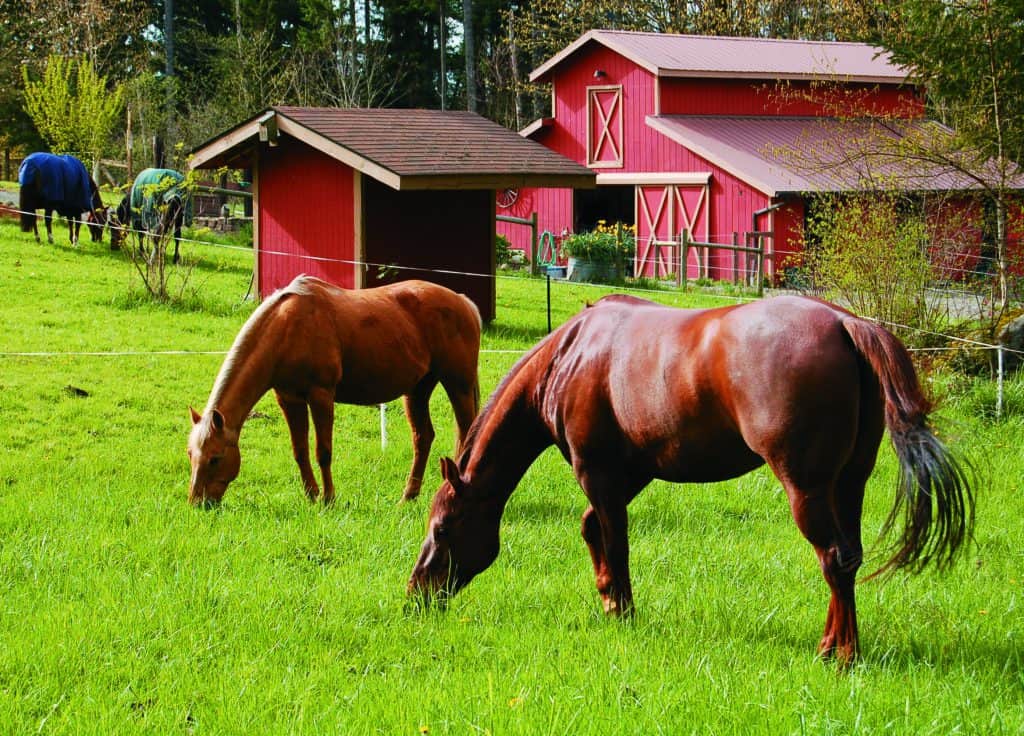
Cross-Country Footing: The Wet, the Dry, and the Ideal
As some of the world’s top three-day event riders prepare to head out on cross-country at the 2011 Rolex Kentucky Three-Day Event this weekend, they’ll be looking closely at the footing on which their horses will perform.



















